For certain civil actions, the California Supreme Court Affirms the Use of Civil Theft Remedies Under Penal Code Section 496.
When an aggrieved party is analyzing the causes of action to file against a defendant for a civil claim, in addition to a breach of contract cause of action, the aggrieved party should also consider the possible applicability of Penal Code Section 496. This law applies if there is theft based on false pretenses or theft. For example, if one is going to sue for an unpaid loan, the question must be asked on whether or not the borrower intended to ever pay back the loan. If the borrower did not, then use of Section 496 should be considered.
Under Section 496, civil theft is punishable by treble damages and an award of attorney’s fees to the prevailing plaintiff.
Until the recently-handed down California Supreme Court decision of Siry Investment, L.P. v. Farkhondehpour (Cal. Jul. 21, 2022 No. S262081) 2022 WL 2840312, many California courts were often hesitant to apply Section 496. Certain California appellate courts were concerned that plaintiffs would overuse this law to turn every breach of contract case or business loan case into a civil theft case. Some courts in California would enforce Section 496 while other courts refused to enforce it. With the split of authority, the California Supreme Court heard the case on appeal. The conclusion from the Court was to keep this arrow in the quiver of plaintiffs. However, the Court made it clear that this law required an appropriate and rigorous analysis in order to be applied. As such, the Court underscored that certain facts are needed to be proved in order for Section 496 to be applied. In the Siry Investment, L.P case, the Court held that civil theft remedies applied to cases involving diversion of partnership cash.
The Siry Investment, L.P Court did make it clear that civil theft penalties would not apply in “most consumer and commercial transactions.” Further, the Court held that Section 496 is “unambiguous” and reversed the Second District Court of Appeal which had (incorrectly) ruled that Section 496 did not apply in “theft-related tort cases.” The Siry Investment, L.P Court concluded that “[a] plaintiff may recover treble damages and attorney’s fees under section 496(c) when property has been obtained in any manner constituting theft.”
If you have a legal issue, contact Dias Law Firm, Inc. for a consultation with our knowledgeable attorneys.

